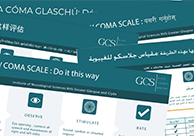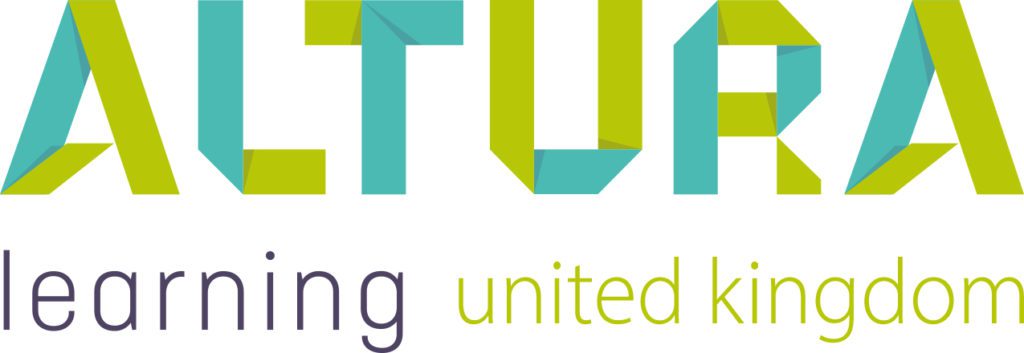Home | Altura Blog |
A Brief History of Neurological Observations
July 12, 2023 | Altura Blog
A neurological assessment is often conducted following a traumatic brain injury, stroke, seizure or fall, or when an individual is at risk of deterioration. It can also be used to determine a person’s baseline condition. The information gathered provides vital data that enables staff to provide appropriate care when it is needed most. The need for effective neurological assessments and management of head injuries began as a response to the increased use of motor transportation and therefore an increase in accidents causing head trauma. But what is a neurological assessment and where did the modern approach to these assessments begin?
A neurological assessment is the evaluation and collection of information on an individual’s central nervous system, specifically the brain and spinal cord. An objective, practical and popular form of assessment that improves reliability is the Glasgow Coma Scale, first published in 1974 at the University of Glasgow. Developed by neurosurgeons Graham Teasdale and Professor Bryan Jennett, the Scale was recognised as a means to communicate a person’s level of consciousness, where the findings could guide decision making and monitor responsiveness. It’s made up of three subscales which assess eye opening, verbal response, and motor response. Also measured are blood pressure, pulse, temperature and respiration, pupil size and reaction and limb strength.
The sheer simplicity of the Glasgow Coma Scale and its ability to capture changes in a person’s condition revolutionised the care and management of head trauma patients, and its use has extended to clinical staff in more than 80 countries around the world.
Learn about Altura Learning’s course How to Conduct Neurological Observations here.


